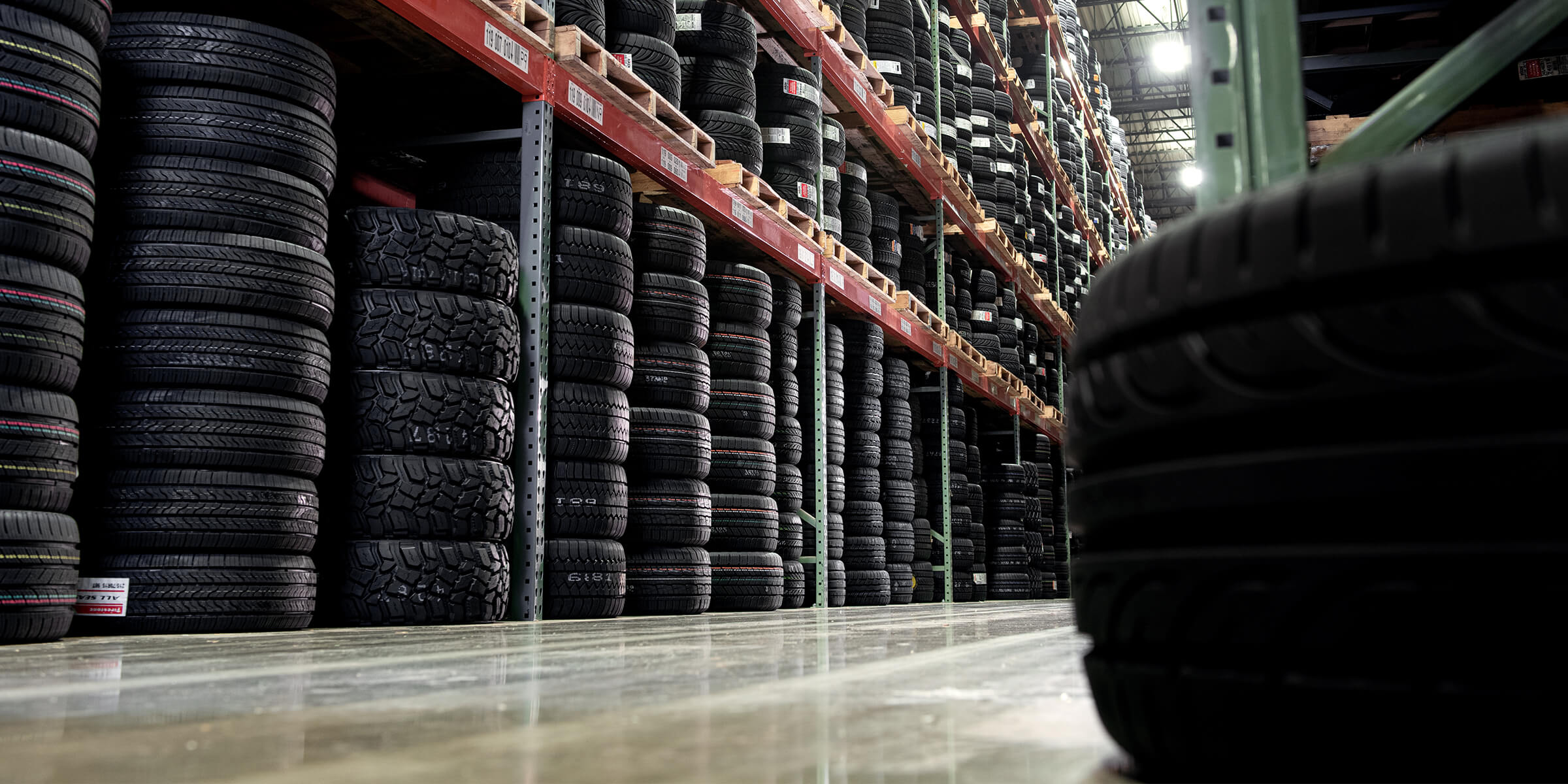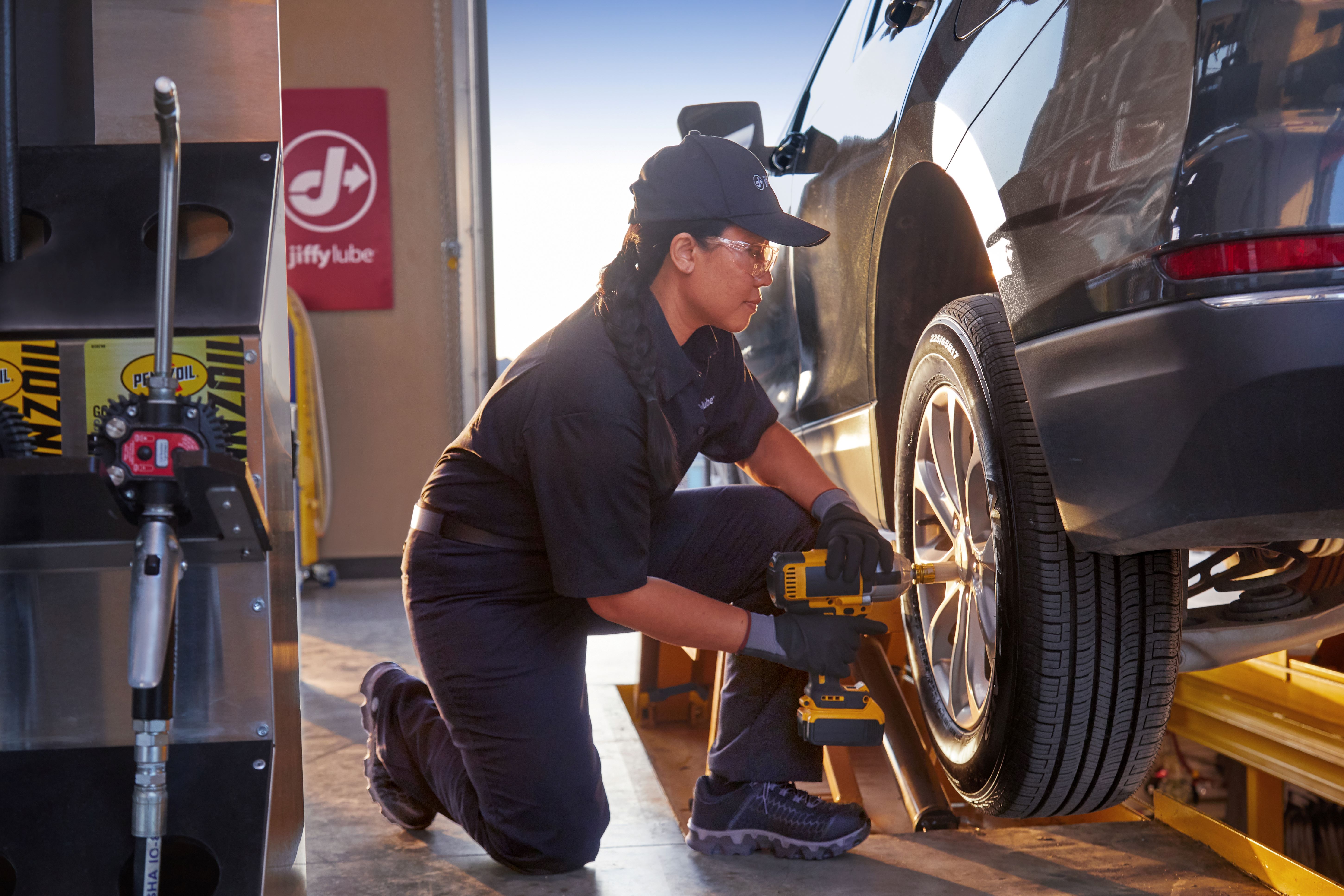Trust Morris Tire and Alignment for Specialist Service and Care
Tire Service: Understanding Tire Pressure Monitoring Solutions
Understanding Tire Stress Tracking Systems (TPMS) is a critical element of keeping optimal lorry efficiency and security on the roadway. With advancements in vehicle innovation, TPMS has come to be a basic attribute in modern vehicles, offering real-time details on tire stress levels.

Relevance of TPMS
The significance of Tire Pressure Tracking Equipments (TPMS) hinges on their capacity to improve automobile safety and security and performance via real-time surveillance of tire pressure degrees. Maintaining the correct tire pressure is crucial for making sure optimum handling, stopping, and general security of an automobile. TPMS supplies motorists with prompt feedback on any overinflated or underinflated tires, permitting prompt modifications to be made.
Elements of TPMS
Sensing units are normally situated in the tire valve stem or attached to the wheel assembly, where they measure tire pressure and send information to the control component. Some progressed TPMS versions likewise display the actual tire stress analyses for each tire, giving vehicle drivers with real-time details to guarantee optimal tire performance and safety. By checking tire stress constantly, TPMS helps protect against mishaps, decreases tire wear, and boosts gas performance, making it a crucial part for automobile safety and performance. discount tires morris il.
Sorts Of TPMS

On the various other hand, indirect TPMS depends on the vehicle's wheel speed sensing units to keep track of tire pressure. This system detects underinflation by comparing the rotational speeds of the wheels. Indirect TPMS is less costly than direct TPMS, as it uses existing sensors within the car.
While straight TPMS uses more accurate readings, indirect TPMS is less complex in layout and commonly needs much less maintenance. Both systems have their constraints and advantages, and the choice between them frequently depends upon aspects such as expense, car make, and personal choice. Understanding the differences in between these two types of TPMS can help car proprietors make informed decisions regarding tire maintenance and safety.
TPMS Maintenance Tips
Conduct regular checks go to this site on the tire pressure levels and compare them with the TPMS readings to ensure they are consistent. Throughout tire turning or substitute, make sure that the TPMS elements are taken care of meticulously to prevent any possible damages. If the TPMS warning light brightens on the control panel, deal with the issue quickly by inspecting the tire pressures and the total system for any type of faults.
Benefits of Appropriate Tire Pressure
Keeping correct tire pressure, as stressed in TPMS Upkeep Tips, is critical for gaining the countless advantages linked with optimal tire stress degrees. In addition, appropriate tire pressure guarantees even tire wear, prolonging the life expectancy of the tires and promoting safer driving conditions. In conclusion, the advantages of correct tire pressure go past simply tire durability; they include enhanced fuel efficiency, improved security, better vehicle efficiency, and total driving convenience.
Final Thought
In final thought, understanding tire pressure tracking systems (TPMS) is crucial for keeping ideal tire pressure and guaranteeing vehicle safety and security. By recognizing the value of TPMS, being acquainted Get More Information with its elements, knowing the various types available, sticking to proper upkeep suggestions, and recognizing the benefits of preserving proper tire stress, chauffeurs can boost their driving experience and lengthen the life expectancy of their tires. Correct tire pressure is vital to secure and efficient lorry procedure.
